Publications
Articles, publications, books, tools and multimedia features from the U.S. Institute of Peace provide the latest news, analysis, research findings, practitioner guides and reports, all related to the conflict zones and issues that are at the center of the Institute’s work to prevent and reduce violent conflict.
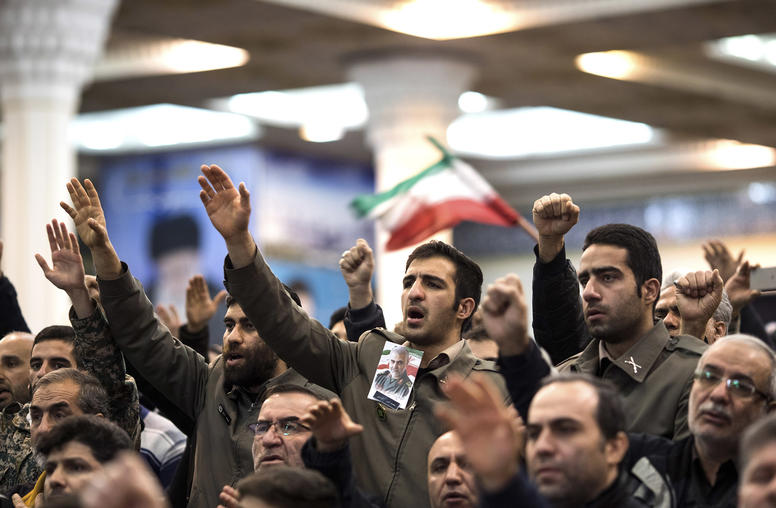
A Year After Soleimani Strike, Iraq Bears the Brunt of U.S.-Iran Tensions
The January 3, 2020 U.S. drone strike that killed powerful Iranian commander Qassem Soleimani on Iraqi soil marked an escalation in already simmering U.S.-Iran tensions. For Iraqi leaders, the Soleimani strike exacerbated an already challenging balancing act in maintaining Baghdad’s relationships with the United States and Iran, with whom it shares a long border and religious and social ties. During the past tumultuous year for Iraq, U.S. forces and Iranian-allied armed groups engaged in tit-for-tat attacks in Iraq. USIP’s Elie Abouaoun and Sarhang Hamasaeed look at how U.S.-Iran tensions played out last year in Iraq and the region and if the incoming U.S. administration, and its desire to reengage in nuclear talks with Iran, could help allay the impact on Iraq.
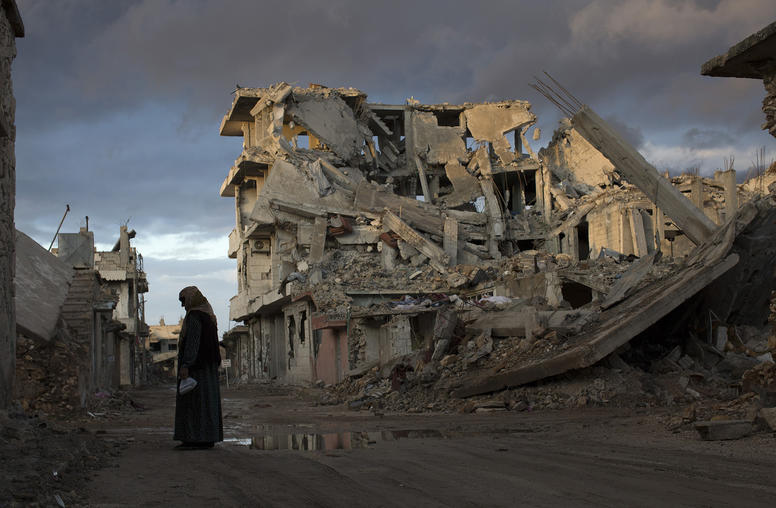
Syria Timeline: Since the Uprising Against Assad
Protests during the 2011 Arab uprisings triggered one of the deadliest wars of the early 21st century. It produced one of the gravest humanitarian crises, as hundreds of thousands were killed, millions fled their homes, and more than half the population relied on aid for daily sustenance.
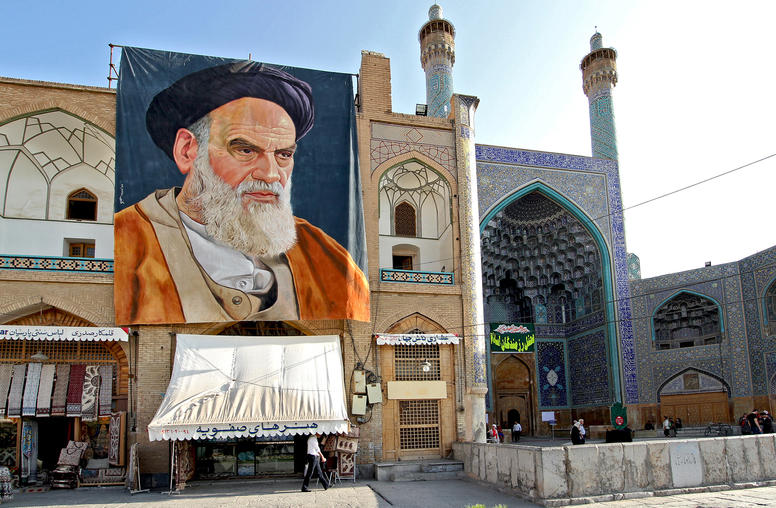
Iran Timeline: Since the 1979 Revolution
Iran, proud and passionate, has been a conundrum since its 1979 revolution. For decades, a confluence of challenges—political and cultural repression, menacing rhetoric, and defiance over its nuclear program—complicated dealing with the Islamic Republic. Iran’s revolution has passed through at least five phases.
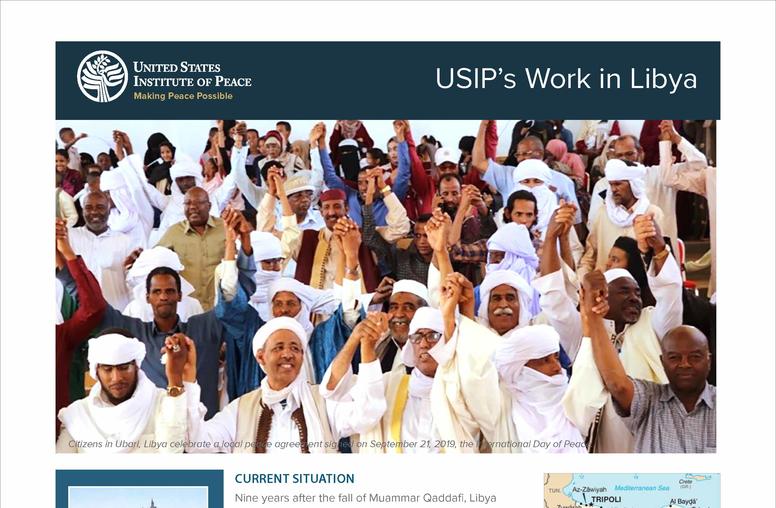
The Current Situation in Libya
Eight years after the fall of Muammar Qaddafi, Libya continues to struggle to end its violent conflict and build state institutions. External actors have exacerbated Libya’s problems by funneling money and weapons to proxies that have put personal interests above those of the Libyan people.
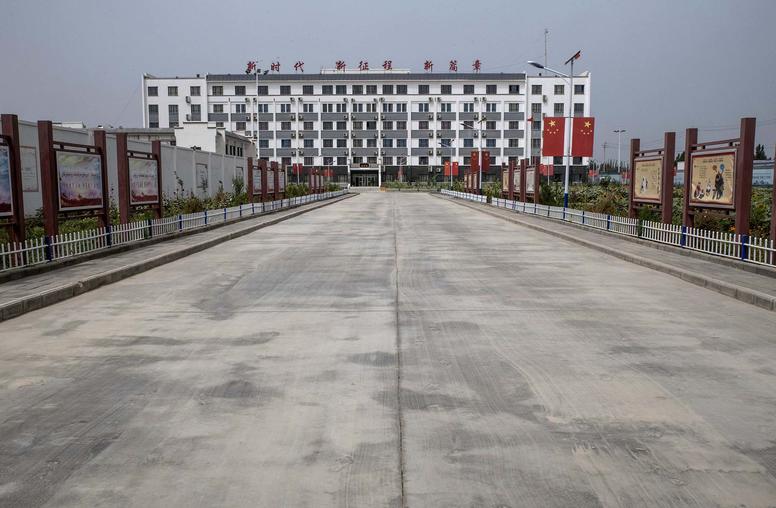
China: The International Community is Failing Xinjiang’s Uyghurs
Documented evidence of large-scale human rights abuses in China’s northwestern Xinjiang region has painted a clear picture that Beijing is perpetrating mass atrocities against Uyghurs and other Turkic Muslim ethnic groups. But even in the face of transparent evidence, the strategies the international community and the United States typically deploy to prevent atrocities have failed to stop the problem. The United States and like-minded countries have an obligation to act to end the ongoing atrocities and to protect the Uyghur people. While many important steps have been taken, none have had a noticeable impact on Beijing. It’s time for the international community to take stock of the atrocity prevention toolkit, to consider why it has failed the Uyghurs, and to discuss how these failures can inform updates or adaptations to respond to the Xinjiang crisis.
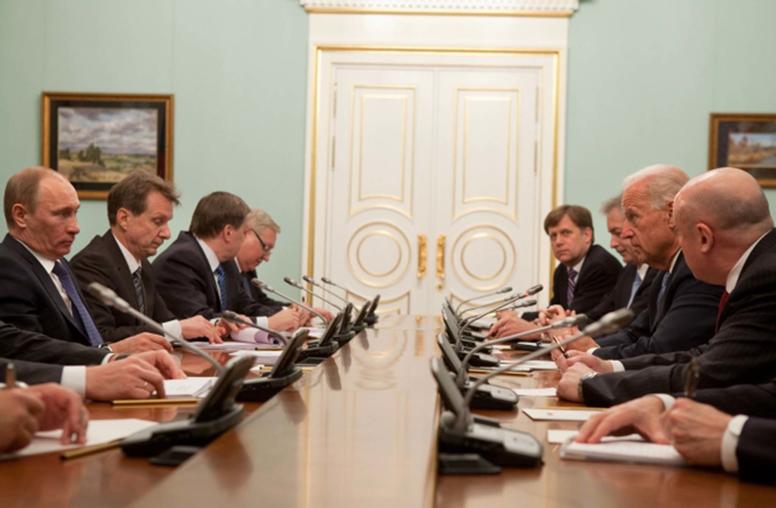
Nuclear Diplomacy with Russia: What’s Ahead for the Biden Administration?
With relations between the United States and Russia at a low point, the incoming Biden Administration faces the challenge of finding the right balance between showing firmness toward the Kremlin and engaging on issues of mutual interest, above all arms control. President-elect Joe Biden has indicated he may agree to extend the New Strategic Arms Reduction Treaty (New START) for five years, a decision that could clear the way for further negotiations. But while extension of New START could lead to discussions on other areas of arms control, the potential for breakthroughs in the U.S.-Russia relationship appears dim.

Lucy Kurtzer-Ellenbogen on Israel’s Political Crisis
As Israel heads toward a fourth elections in two years, USIP’s Lucy Kurtzer-Ellenbogen says the incoming Biden administration will need to engage in a “balancing act” to “navigate this situation and not start off with a rocky, tempestuous relationship.”
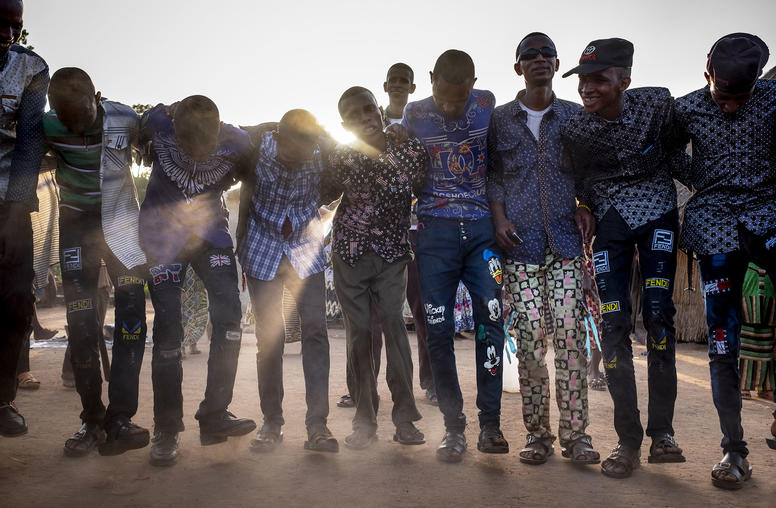
Central African Republic: A Role for Religious Leaders in Calming Conflict?
Presidential and legislative elections loom large in the Central African Republic (CAR) amid high tension and spikes in violence. CAR’s religious leaders have been on the frontlines of efforts to calm tensions ahead of polls opening on December 27. From religious leaders in the capital to those at the grass roots, they have made their voices and positions clear. The question, therefore, is not if religious leaders are crucial actors in conflict stabilization and peace efforts in CAR: They already are. Rather, policymakers and practitioners should be unpacking these leaders’ experiences—past and present—and asking how to strengthen their role as peacebuilding partners in the immediate post-electoral context and longer-term.
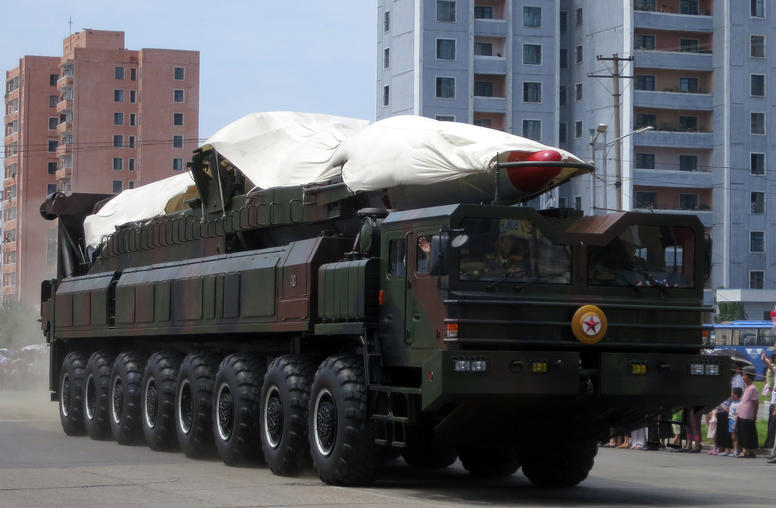
Nuclear Diplomacy with North Korea: What’s Ahead for the Biden Administration?
The Biden administration faces a situation with North Korea similar to what President Obama faced in 2009, with U.S.-DPRK engagement on its last legs. Obama appeared interested in reviving the Six Party Talks, but slow outreach to North Korea allowed Pyongyang to seize the narrative by conducting a satellite launch in April and a nuclear test in May, which doomed engagement for an extended period. Biden will face a similar decision about how to engage North Korea, including whether to move forward with joint U.S.-South Korea military exercises in March, and whether to reaffirm the outcomes of the 2018 joint U.S.-DPRK Singapore Statement, which Pyongyang has yet to renounce but is on life support.

Jacob Stokes on China’s Influence in South Asia
Home to about 2 billion people, South Asia has become a strategic focal point for China’s growing global influence. USIP’s Jacob Stokes says to properly counterbalance Beijing in the region, the United States should focus “less about responding to China … and more engaging with the states of South Asia.”